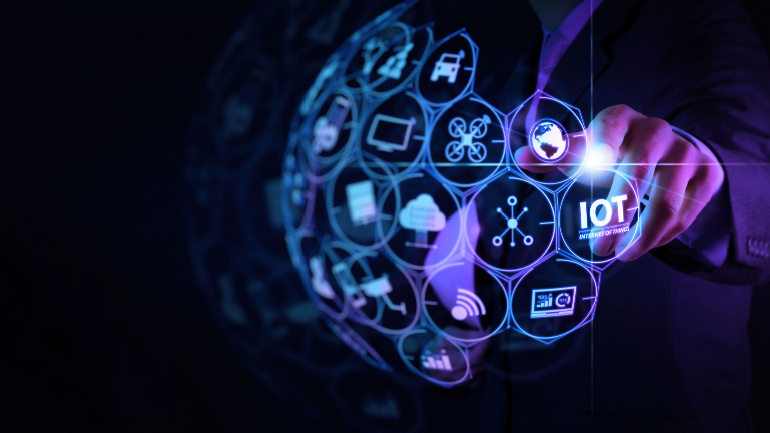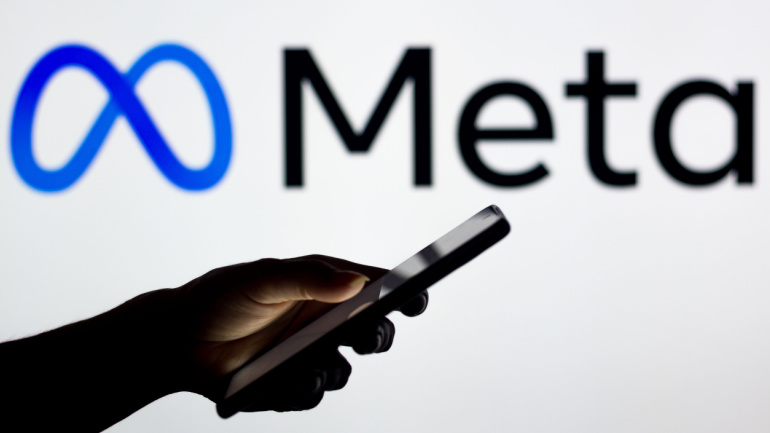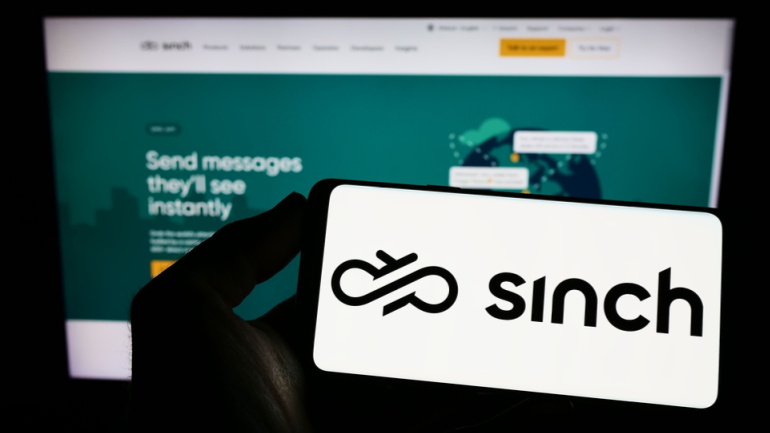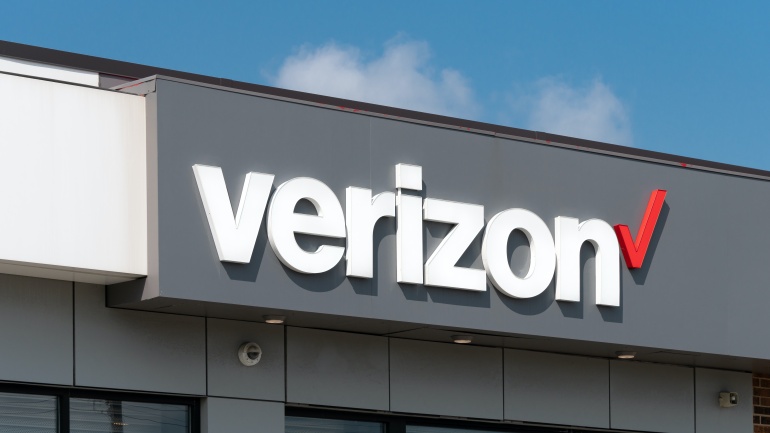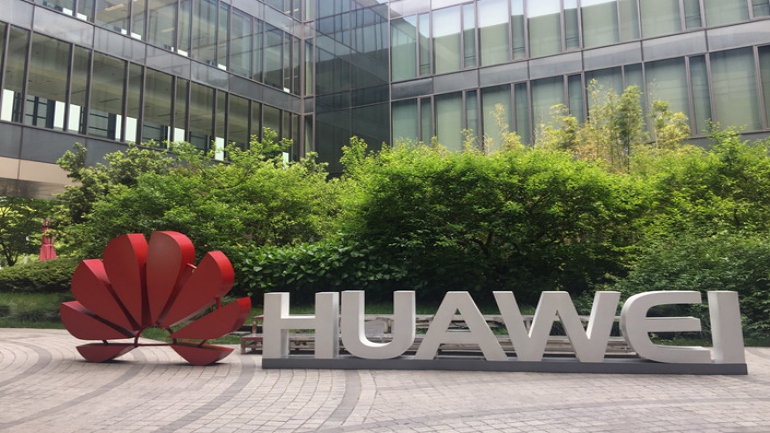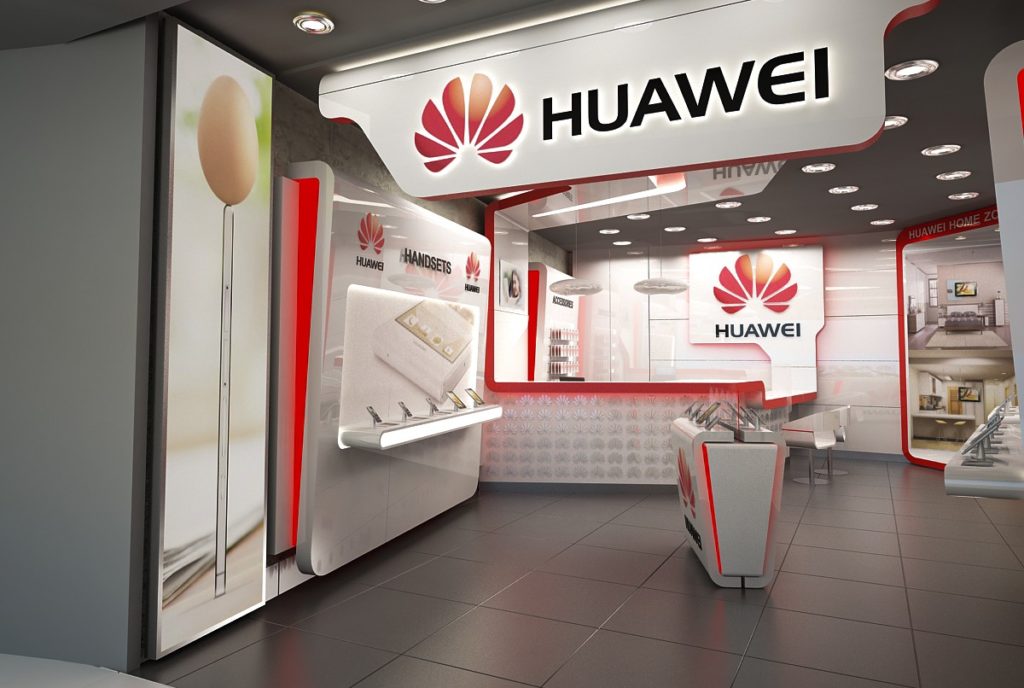In a promising move towards transparency, UK’s BT and software giant SAP have joined forces to test SAP’s Sustainability Data Exchange (SDX) – a novel system that captures, tracks and shares data on obscure, indirect emissions, known as Scope 3. Given the numerous entities and different methodologies involved in disclosure, SDX utilizes carbon data interoperability standards to provide a unified portal for monitoring supply chain emissions data, thus streamlining the gathering and dissemination of precise Scope 3 information.
While Europe’s increasing $227 billion investment in IoT assures advancements, it particularly underlines the businesses’ focus on operational cost reduction and process optimization. However, economic strains and geopolitical disturbances, like the war in Ukraine and Covid-19, impede this spending surge, especially in Central and Eastern Europe. IDC, nevertheless, forecasts an upturn by 2027, with IoT remaining a viable tool in organization performance enhancement amidst challenges. For telecom providers, these shifting sands offer both opportunities and considerable challenges.
Meta’s bold AI integration plans could revolutionize platforms like Facebook and Instagram while tackling infrastructure and software challenges. The metaverse’s potential is also sparking interest among telecommunication leaders, creating opportunities for immersive social experiences.
Global smartphone market recovery slows as consumer demand remains weak, with IDC revising downward its shipment projections. Despite exciting innovation in foldable phones, longer replacement cycles and high inventory levels signal a cautious outlook.
Sinch excels as a Leader in IDC MarketScape’s CPaaS Vendor Assessment, commended for its global coverage, robust portfolio, and regulatory expertise. The innovative provider enhances digital customer experience with its comprehensive messaging, voice, and email offerings.
We may not always realize it, but we spend a good part of our lives online. We frequently reveal our names, addresses and credit card numbers when accessing shopping and social networking sites, and trust those sites to keep us and our information secure. You lock the door when you wish to keep your home safe. The same should apply on the Internet, where we can considerably limit our exposure to a variety of hazards by implementing a modest number of Internet safety measures. You know what they say – the Internet is like your front door: a lock doesn’t do much good if you leave the key under the welcome mat. Is it safe to be in the Internet? Learning about cybersecurity and online safety might feel like swimming through a sea of technical jargon. There are several cybersecurity terminologies to be familiar with, but we’ve selected a handful of…
Verizon Business has announced the addition of Genesys Cloud as part of its global customer experience and contact center offerings. Together with Genesys, the company is able to offer its business customers a cloud-based contact center solution. Genesys Cloud will provide businesses with access to the Verizon network and include a contact-center-as-a-service solution to communicate with their customers. The Cloud-based Contact Center as a Service from Genesys enables businesses to deliver a customer experience (CX) that is top class. The solution is delivered on an end-to-end, cloud-based remote access platform that takes advantage of Verizon’s network. In addition, the Verizon Business customer experience portfolio includes Genesys Engage subscriptions, that provides a passage from on-premises to hybrid cloud and public or private cloud deployments. Furthermore, because contact centers rely on digital, primarily remote operations, Genesys Cloud will allow remote agents to take advantage of all the capabilities the contact…
China’s Huawei Technologies has launched new database and storage products with the aim of redefining its data infrastructure and strengthening the global presence of its cloud business. The world’s first AI-native database GaussDB supports differentiated scenarios such as private and public clouds and data services in the finance, internet, logistics and automotive sectors. Huawei’s FusionStorage 8.0 is claimed to be the industry’s best-performing distributed storage solution for supporting enterprise applications. “Humanity is entering the age of an intelligent world,” said David Wang, Huawei Executive Director of the Board and President of ICT Strategy and Marketing. “Data is the new factor of production, and intelligence the new productivity. Heterogeneous, intelligent, and converged databases will become the key data infrastructure of the financial, government, and telecoms industries.” With this new database management product, the Shenzhen-based company marks its official entry into the database field and places itself in direct competition with…
The Chinese equipment manufacturer Huawei recently expressed its intention to surpass Apple in the smartphone market in 2018, and it seems that these plans are becoming a reality. According to IDC, Huawei shipped 54.2 million mobile devices units in the second quarter and moved to the second position, only to be outpaced by the ultimate leader Samsung. Looking at the total market share from Q2, Samsung maintains a strong 20.9%, while Huawei controls 15.8%, closely followed by Apple’s 12.1%. “The continued growth of Huawei is impressive, to say the least, as is its ability to move into markets where, until recently, the brand was largely unknown,” commented the program vice president with IDC’s Worldwide Mobile Device Trackers, Ryan Reith. Huawei’s recent push into Europe, the Middle East and India has secured its position among the top smartphone manufacturers. And while the US carriers are still instructed by the government to…
The smartphone’s market shrank of 0.1% last year, and for this year, IDC (International Data Corporation) is expecting the same lack of growth. This is why the entire industry is waiting for the 5G technology to help the market go back to its former glory. The last year showing a significant growth was 2016 with a 2.5% progress. With the availability of 5G network and smartphones, tech companies expect to go back to 2016 figures in 2022. But the smartphone industry needs to solve some issues as the way 5G radio waves work can have an impact on the quality of the call and daily use of the device. As Dan Jones from Light Reading explains, it could be a similar problem to what happened with the “antennagate” on iPhone 4. Basically, this phenomenon called “human blockage”, impacts quality of the call, as the way someone holds the phone decreases…




